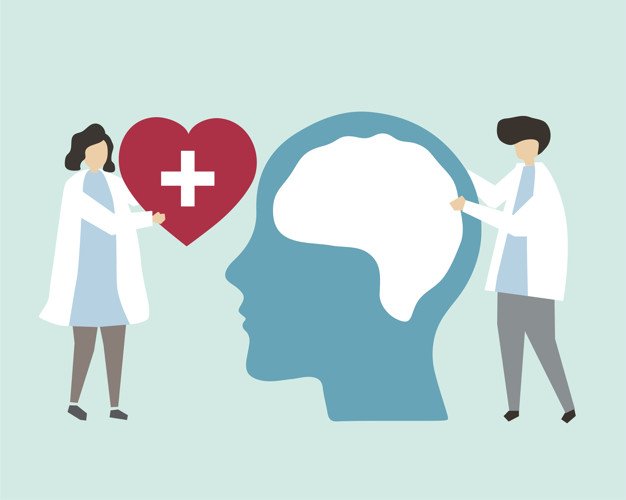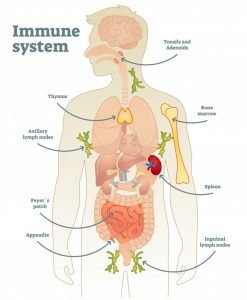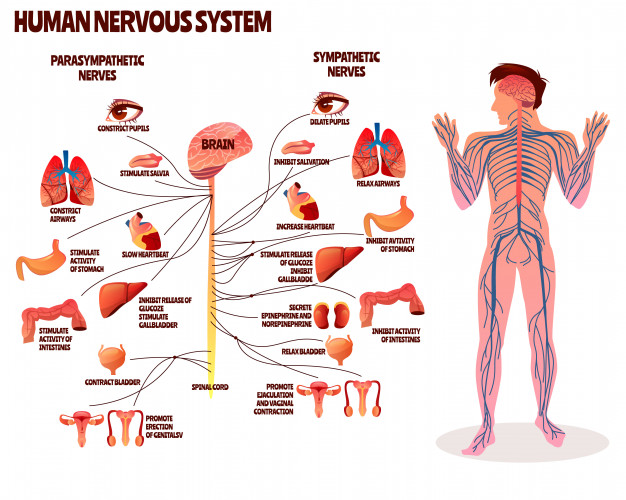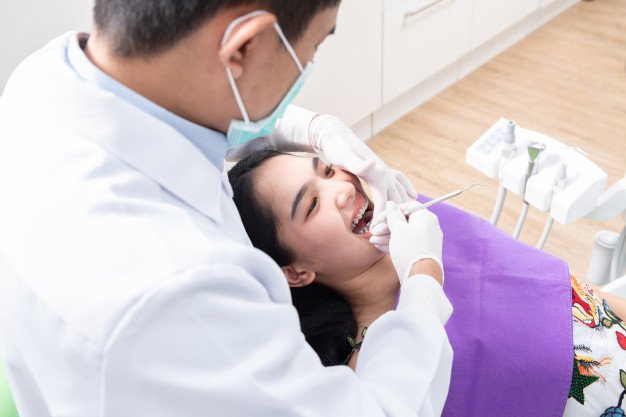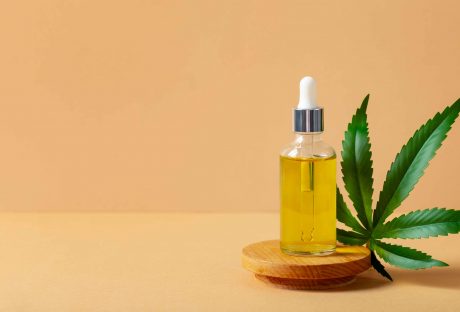People who have mental disorder as well as having substance use disorders identify as having a dual disorder. This dual disorder also sometimes called a co-occurring disease.
Sometimes it can be challenging to diagnose co-occurring disorder because the symptoms of mental illness and substance abuse have many similarities. Unfortunately, it is common that people who have a mental illness also suffer from substance abuse. According to research, about one-third of people who have a mental illness also struggle with substance abuse.
For treatment, it is recommended that patient receive intensive care for both disorders. This helps them to manage mental health disorder without using drugs. If a patient remains untreated, his mental health urges him to drink more.
1. Symptoms of the co-occurring disorder:
The symptoms of vary depending on the patient’s life circumstances. Many people who struggle with extreme mood swings, legal problems, financial issues, employment issues, health problems, and aggressiveness.
These symptoms also caused mental illness. A patient feels anxiety, isolation, and depression. These things provoke patients to use alcohol and drugs.
2. Effects of Drug Addiction:
Unfortunately, more disabilities, deaths, and illness are caused by substance abuse. Different drugs damage different organs. Here are some common effects of drugs on human health.
Immune System:
Long-term use of drugs can lead to considerable damage to many human organs and systems. Drugs and alcohols damage a person’s immune system. These drugs can weaken their immune system. Drug addicts with a weak immune system cannot deal with their issues properly. They cannot fight off with common infections.
Drugs which can damage the immune system are:
- Cocaine
- Marijuana
- Nicotine
- Alcohol
Nervous System:
All drugs can affect the functioning of the brain. These drugs are chemicals. When a person puts these chemicals in a body, they interfere in the process of nerve cells as they receive, send, and process information. These drugs also can imitating the brain’s natural chemical messenger and can affect its reward circuit. Drugs take control of reward system and release dopamine in large amount, and the patient loses his control on emotions. Increased level of dopamine in mind gives the impression to a person that drugs make him less stressed and happier.
Behavioral Effects:
Drugs lead to various behavioral disorder both in long and short-term. If a person is not using alcohol regularly, still he experiences its short-term effects, including loss of coordination, vomiting, mood swings, high blood pressure, and loss of judgment.
Drinking too much can cause severe physical and social issues. It can cause cardiovascular disease and liver damage. Excessive use of drugs can also cause memory loss, high blood pressure, and cancer.
3. Treatment:
For the treatment of co-occurring disorders, there are numbers of clinics giving facilities to their patients. They offer both inpatient addiction rehab and outpatient rehab. Thousands of patients have found healing through their programs.
The most effective treatment of the co-occurring disorder is aftercare. The patient may start to retake drugs. But those who receive outpatient counseling daily they may leave with fewer chances to retake drugs.
Read Also:
- 4 Tips To Find An Effective Drug Therapy
- Are You Wondering About The Risk Factors For Depression?
- Is Outpatient Treatment For Drug And Alcohol Addiction Effective?
- Polydrug Use: What Happens When You Mix Cocaine With Heroin?
- Passing A Marijuana Urine Drug Test- How To Pass Pee Narcotics Tests
- Not On The Straight And Narrow: 4 Telltale Signs Of Drug Use In Teens













